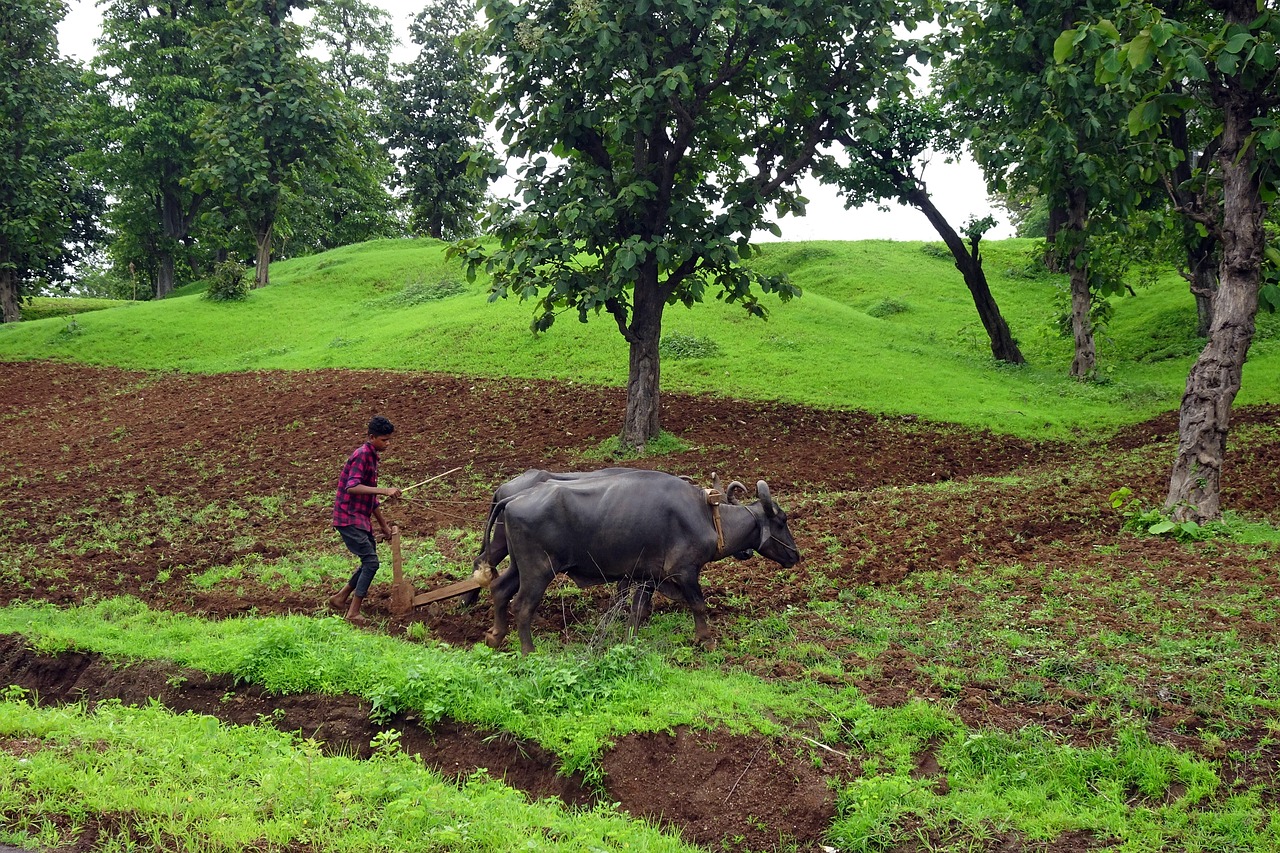Social Media Regulation: Balancing Free Speech and Election Integrity
Social media platforms have significantly altered the landscape of political discourse, providing a new arena for individuals to express their views and engage with a broader audience. These platforms offer a level of accessibility and immediacy that traditional media channels may struggle to match, allowing political discussion to reach a wider demographic in real-time.
Moreover, social media has enabled direct interaction between political figures and the public, breaking down barriers that once existed between leaders and their constituents. This direct engagement has created a more personalized political discourse, where individuals feel empowered to voice their opinions and hold elected officials accountable for their actions.
• Social media platforms have significantly altered the landscape of political discourse
• They provide a new arena for individuals to express their views and engage with a broader audience
• These platforms offer accessibility and immediacy that traditional media channels may struggle to match
• Political discussion can reach a wider demographic in real-time
• Social media has enabled direct interaction between political figures and the public
• It breaks down barriers that once existed between leaders and their constituents
• Direct engagement has created a more personalized political discourse
• Individuals feel empowered to voice their opinions and hold elected officials accountable
Challenges of Ensuring Election Integrity on Social Media
Election integrity on social media poses a significant challenge in maintaining the transparency and fairness of democratic processes. The widespread dissemination of misinformation and disinformation on these platforms can influence public opinion and sway election outcomes. This phenomenon is further exacerbated by the prevalence of fake accounts and automated bots that spread misleading content at an alarming rate, making it difficult to discern fact from fiction in online political discussions.
Furthermore, the lack of regulation and oversight on social media platforms contributes to the erosion of election integrity. These platforms face difficulties in monitoring and effectively combating electoral interference, as content moderation policies may vary widely and enforcement mechanisms can be inconsistent. As a result, ensuring the accuracy and reliability of information shared on social media during election periods remains a persistent challenge for policymakers, tech companies, and the general public alike.
Impact of Misinformation and Disinformation on Democratic Processes
In the realm of democratic processes, the influence of misinformation and disinformation cannot be underestimated. The spread of false information on social media platforms has the potential to distort public perception, sway election outcomes, and erode trust in institutions. The ease and speed at which these misleading narratives can circulate online poses a significant threat to the integrity of democratic systems worldwide.
Moreover, the proliferation of misinformation and disinformation can exacerbate societal divisions, fuel polarisation, and hinder constructive political discourse. When individuals are exposed to deceptive content designed to manipulate their beliefs or opinions, it can undermine the foundation of informed decision-making in a democratic society. As a result, the unchecked spread of falsehoods on social media platforms poses a critical challenge to upholding the principles of transparency, accountability, and fair electoral processes.
How do social media platforms contribute to political discourse?
Social media platforms provide a space for individuals to share their opinions, engage in discussions, and access news and information related to politics. This can influence public opinion and shape political narratives.
What are some challenges in ensuring election integrity on social media?
Some challenges include the spread of misinformation and disinformation, the presence of fake accounts and bots spreading false information, and the difficulty in regulating content on a global scale.
How does misinformation and disinformation impact democratic processes?
Misinformation and disinformation can distort public discourse, sway public opinion, and undermine trust in democratic institutions. This can lead to confusion among voters, influence election outcomes, and ultimately threaten the integrity of the democratic process.







